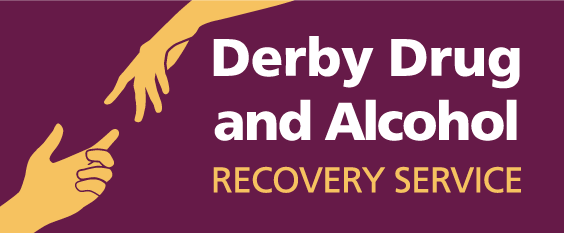Emma was homeless, drinking at dangerous levels, injecting both heroin and crack and had broken links with her family. She was a regular visitor to A&E; her physical health was assessed as high risk and she was often guilty of problematic behaviour in the city centre. Workers at the Recovery Service were worried that she wouldn’t survive.
Ironically, the turning point came with the pandemic. Emma had started reducing her alcohol intake and lockdown reduced the opportunity for negative activity in the city, closing off some of her negative relationships.
Emma knew she needed to get out of Derby and the culture she was part of. The Service suggested some small steps and started to help her rebuild her relationship with her mum.
As this developed, supervision levels were reduced as the Service was able to trust her to make progress. In turn Emma realised that her mum had care needs herself, and she moved in with her mum in a small Derbyshire town away from the city.
Over the past year she’s not used any illicit substances, has become alcohol free and is now exiting from the methadone programme. Emma’s rebuilt links with her family elsewhere and is now more accepting of help from other professionals.
From what appeared to be a desperate situation Emma has gained a newfound independence, not just from substance use, but from a life which seemed to have no future.

